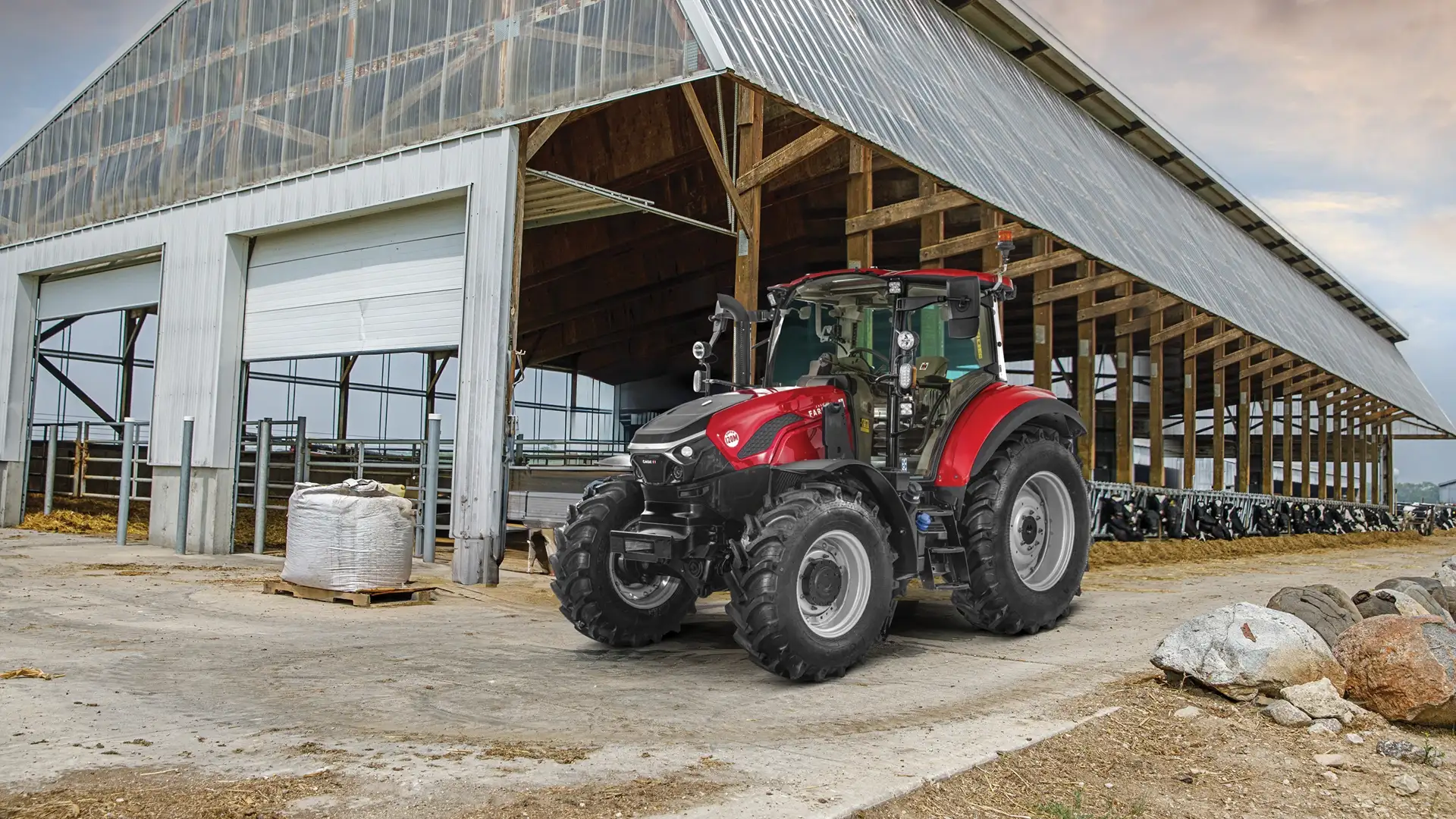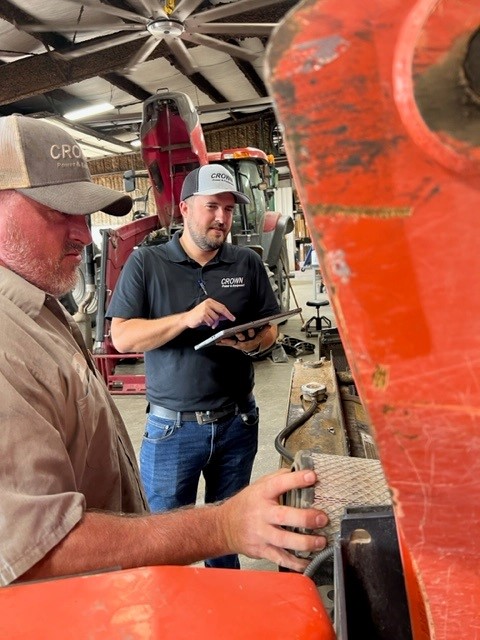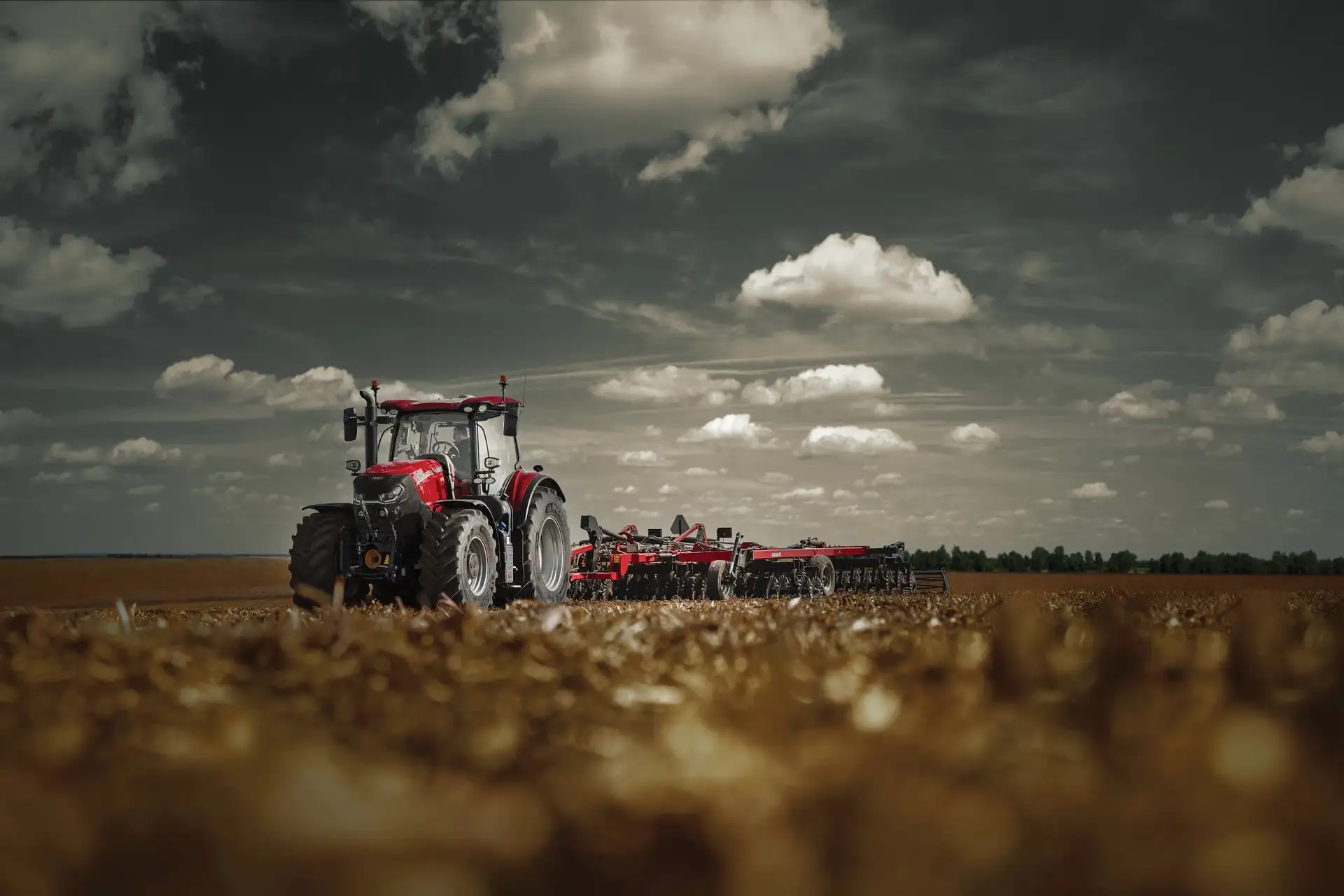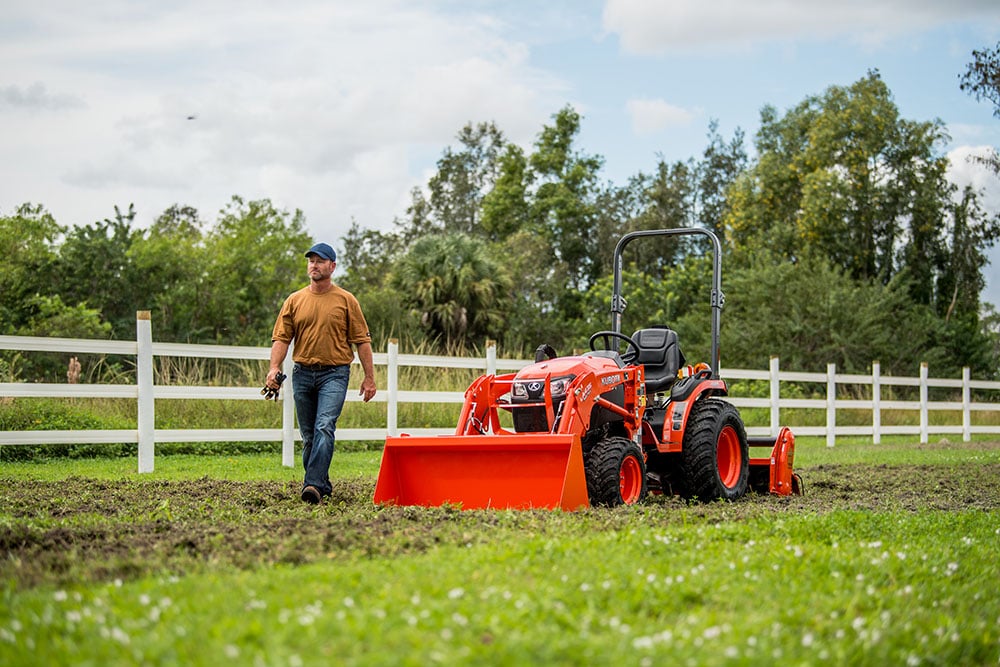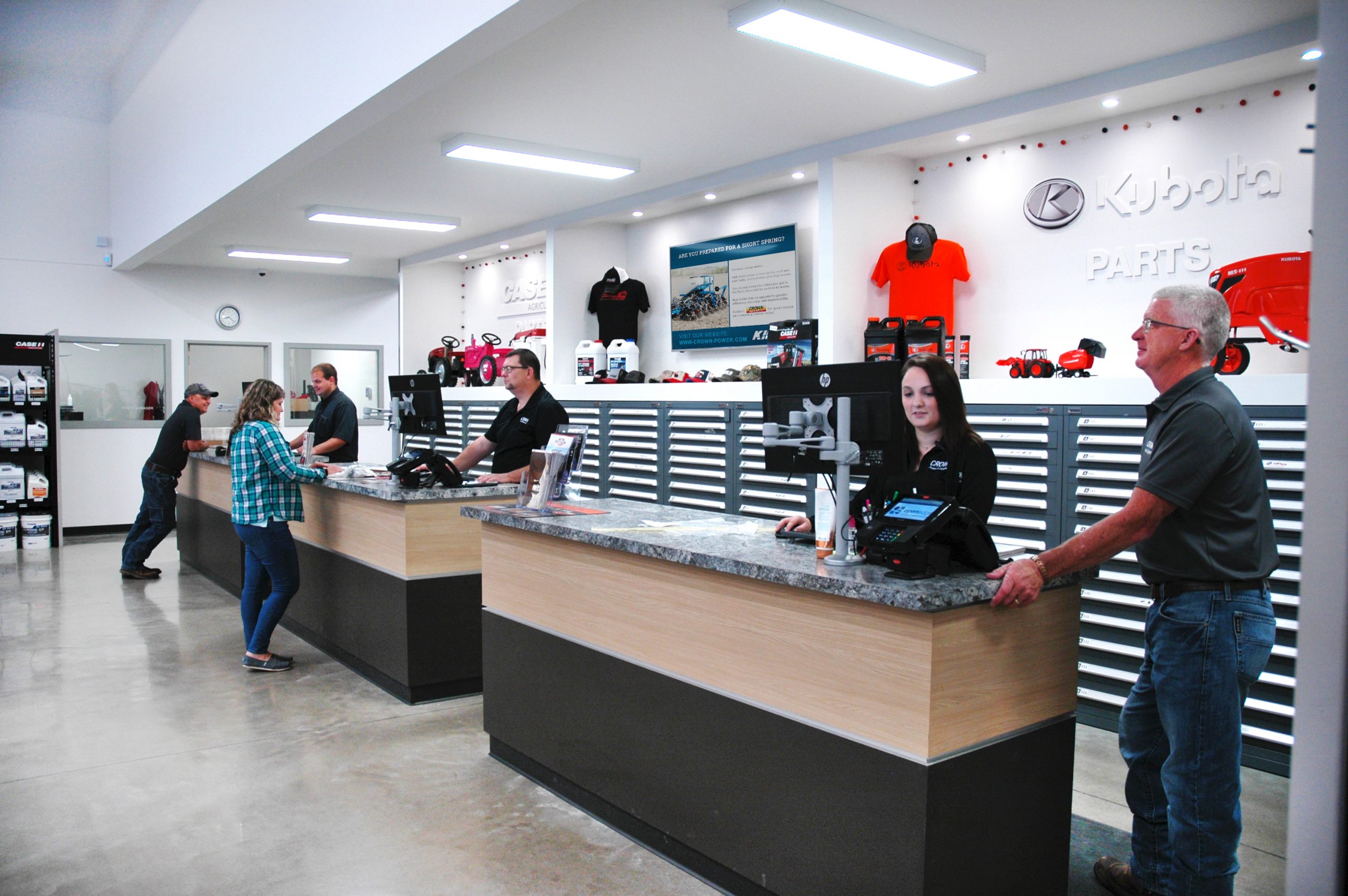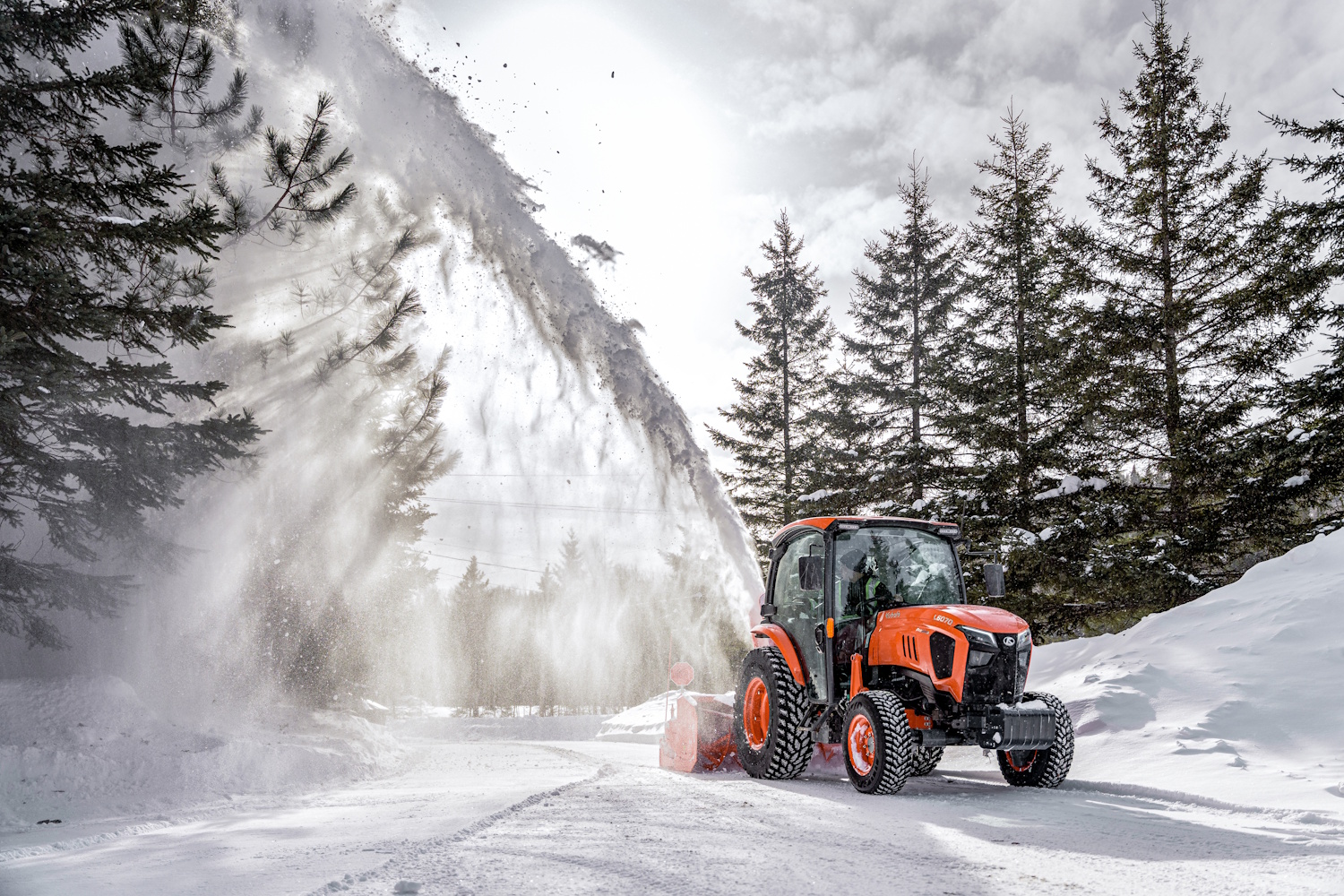Proper off-season storage is not just a recommendation; it’s a critical investment in the longevity and performance of your valuable farm machinery. Whether you operate a Kubota, Case IH, John Deere, or any other brand of agricultural equipment, taking a few proactive steps now can significantly extend its lifespan, prevent unexpected breakdowns, and save you from costly repairs and inconvenient downtime during the next busy season.
Clean Thoroughly Before Storing
The first and arguably most important step is a comprehensive cleaning. Begin by meticulously removing all dirt, mud, crop residue, oil, and grease from every surface of your equipment. This isn’t just about aesthetics; moisture trapped within organic debris can become acidic over time, accelerating rust and corrosion, especially during colder, damp months. Use a pressure washer for stubborn grime, followed by scraping and brushing. Pay particular attention to areas where dirt tends to accumulate, such as undercarriages, around moving parts, and within shields. After washing, allow the machinery to dry completely to prevent trapped moisture from causing new issues. An air compressor can be useful for blowing water out of tight crevices.
Drain or Stabilize Fuel
Fuel, particularly gasoline, degrades significantly over time, especially when left stagnant. Ethanol in gasoline can attract water, leading to phase separation and corrosive damage to fuel systems. Diesel fuel can also develop algae or varnish. To prevent gumming, corrosion, and hard-starting issues in the spring, you have two primary options:
Drain the fuel system completely: This is the most thorough method, ensuring no degraded fuel remains.
Add a high-quality fuel stabilizer: If draining isn’t feasible, add a fuel stabilizer according to the manufacturer’s instructions. Then, run the engine for 10-15 minutes to ensure the treated fuel circulates throughout the entire system, including the carburetor or fuel injectors.
Disconnect Batteries and Protect Components
Batteries can suffer from parasitic drains even when the equipment is turned off. To maintain battery health, disconnect the battery terminals, clean them with a wire brush and a baking soda solution to remove corrosion, and apply dielectric grease to prevent future buildup. For optimal performance, store batteries in a cool, dry place and connect them to a trickle charger or battery maintainer that will keep them at a full charge without overcharging. Additionally, protect sensitive components from environmental damage and pests. Cover air intake and exhaust openings, hydraulic ports, and electrical connections with caps or heavy-duty tape to prevent moisture, dust, and rodents from entering and causing damage. Breathable covers for the entire engine can also help prevent condensation while deterring pests.
Lubricate and Protect Moving Parts
Before putting your machinery away for the season, it’s crucial to lubricate all moving parts. Grease all zerks, ensuring fresh grease pushes out any old, contaminated lubricant. Apply a rust-preventative oil to all unpainted metal surfaces, chains, linkages, hinges, and exposed hydraulic cylinder rods. This protective layer acts as a barrier against moisture and air, significantly reducing the risk of rust. Also, check and top up all fluid levels – engine oil, hydraulic fluid, coolant, and transmission fluid – as correct levels can help prevent internal corrosion and ensure seals remain pliable.
Store Indoors When Possible
The ideal storage solution is indoors, within a barn, shed, or dedicated storage facility. An enclosed space provides the best protection from direct exposure to rain, snow, sun, and extreme temperature fluctuations. If indoor storage isn’t an option, ensure outdoor equipment is properly prepared:
Cover Thoroughly: Use heavy-duty, UV-resistant tarps that are secured tightly to prevent wind damage and water intrusion. Ensure good airflow underneath to prevent condensation.
Elevate Tires: Place blocks or stands under axles to get tires off the wet ground. This prevents moisture absorption, reduces flat spotting, and minimizes stress on the tires and suspension over long periods.
Pest Control: Lay out rodent bait or traps around the equipment to prevent mice and other critters from nesting in wiring harnesses, air filters, or upholstery.
Remember the Importance of Off-season Storage
By implementing these consistent storage practices, you’ll not only dramatically improve your equipment’s reliability and performance but also safeguard its resale value. A little preparation now ensures your investment remains protected and ready for another productive year, minimizing headaches and maximizing efficiency when spring arrives.

